As technology advances, it becomes easier to communicate with others who don’t speak the same language. Even so, learning another language can still be very beneficial.
Firstly, it makes communication much easier. While it may be easy to use technology to translate for you, it would be very tedious and stagnant. It’s much easier to connect with someone else if you understand their language and culture, since learning another language helps you connect to other cultures and understand them, as often language and culture are intertwined. It exposes you to new ideas and customs.
Another reason to learn other languages is that it has already been proven to make people smarter in other areas. People who are bilingual tend to be better at multitasking and are better at focusing and paying attention. It also has shown they produce better test scores and are stronger in their core classes. Many people who are bilingual also seem to have greater abilities in their own language than monolinguals.
While learning different languages not only makes you more intelligent, it also seems to prevent cognitive decline. Studies show that speaking multiple languages seems to delay diseases like Alzheimer’s and dementia by up to four or five years.
Learning more languages also broadens career opportunities and can boost salary. Many jobs in education, healthcare, or international business favor those who are bilingual. In addition, a study was done on the salaries of American college graduates. They discovered that bilinguals have a 2% greater salary compared to monolinguals.
Knowing another language can help you in many important ways, but you could also use your knowledge for fun. It makes travel much more entertaining, as you’d be able to easily communicate with the locals. It’s also very interesting to find words that don’t exist in your own language.
So learning another language makes you smarter, prevents cognitive disease, increases job opportunities, and is entertaining and fun. While it may be hard work and easier just to use the vast internet, becoming fluent in another language is very beneficial, and also gives you some awesome bragging rights.
Bibliography
Armstrong, P.W. and Rogers, J.D. (1997). Basic Skills Revisited: The effects of foreign language instruction on reading, math, and language arts.
Dr. Ellen Bialystok, Lifespan Cognition and Development Lab, lcad.lab.yorku.ca
Albert Saiz and Elena Zoido, 2002. “The return to speaking a second language,” Working Papers 02-16, Federal Reserve Bank of Philadelphia.
Language School Blog, middlebury.edu, “Why You Should Learn a Second Language and Gain New Skills, May 12, 2020.
About the Author
Kate is our youngest member of the team. She joined the Cultural Society team as an intern in the summer of 2021 and works with the Program Director for Asian American Connections Initiative. Her bio can be found here.

